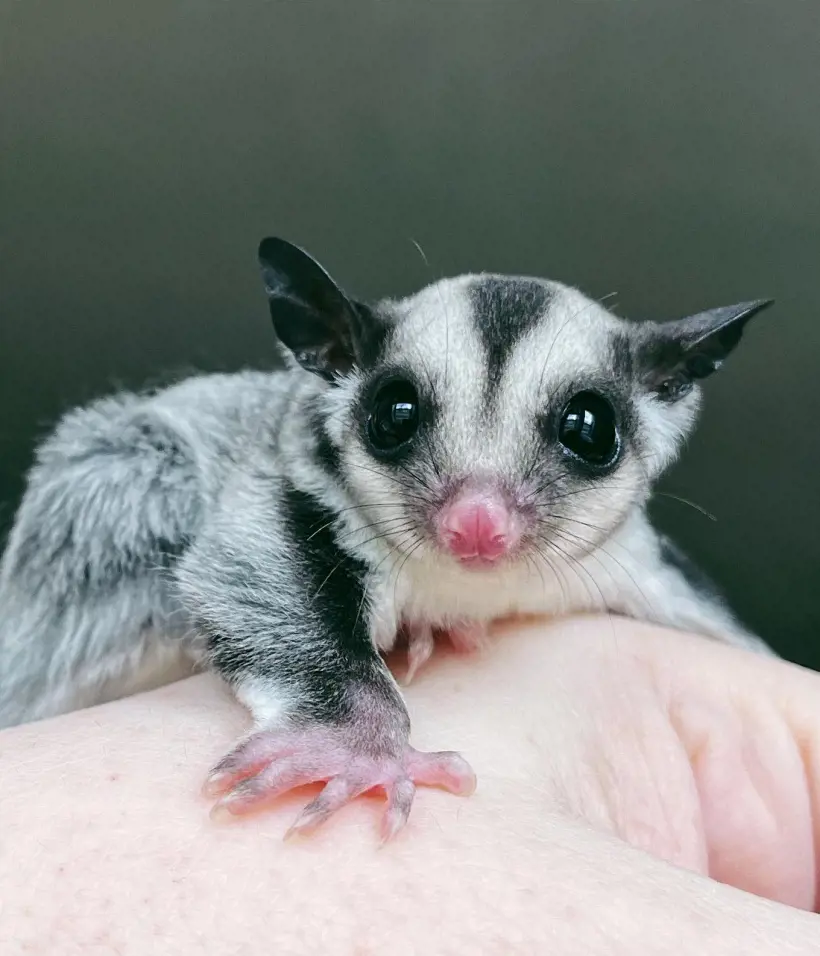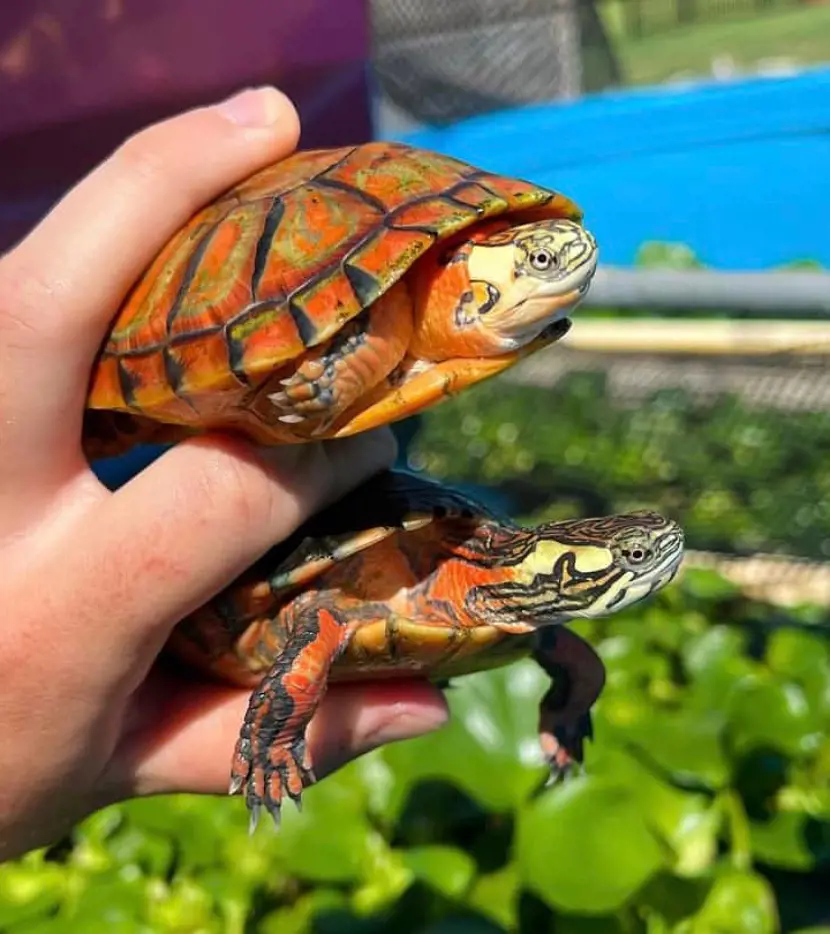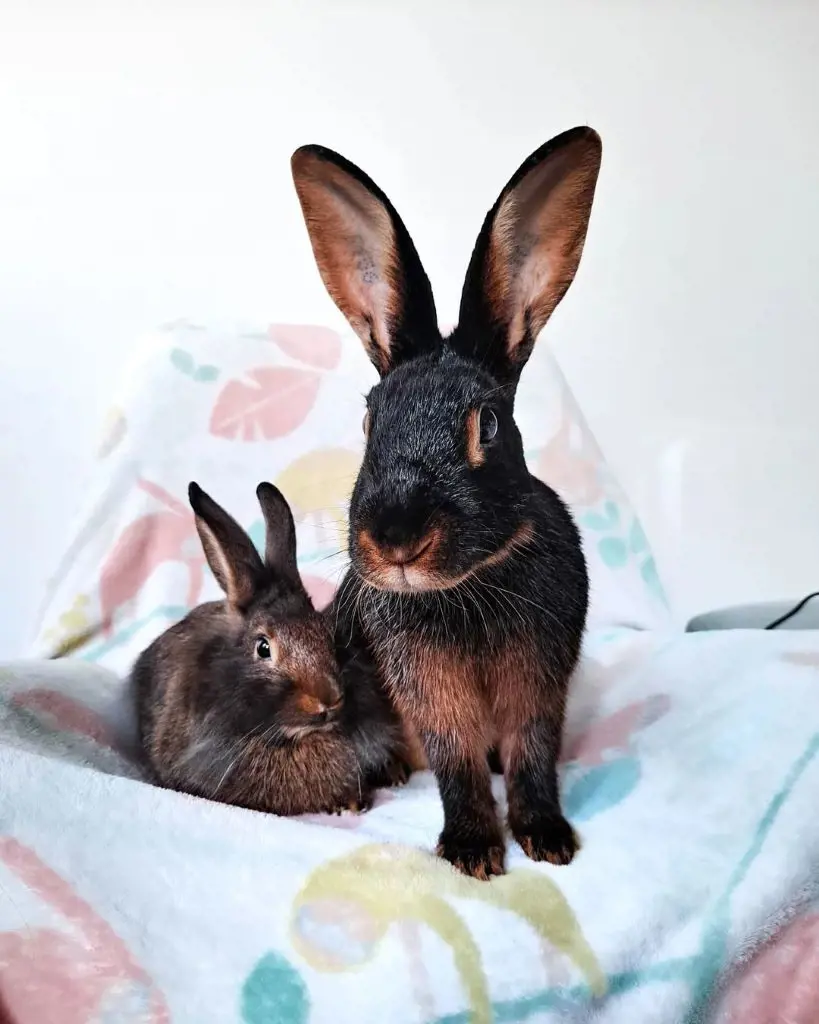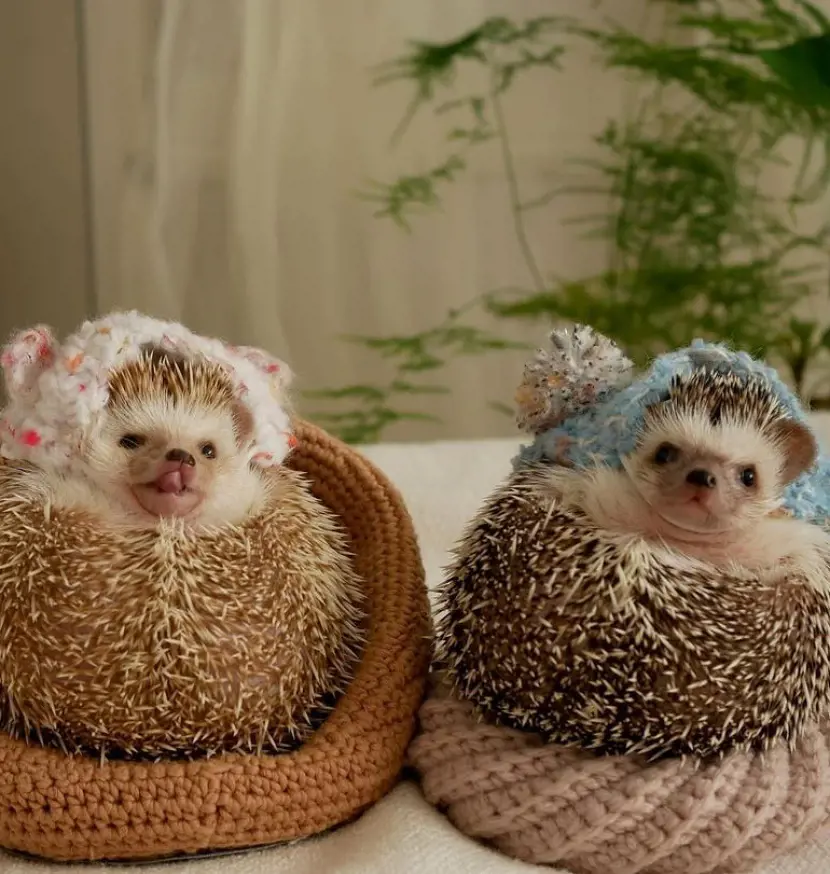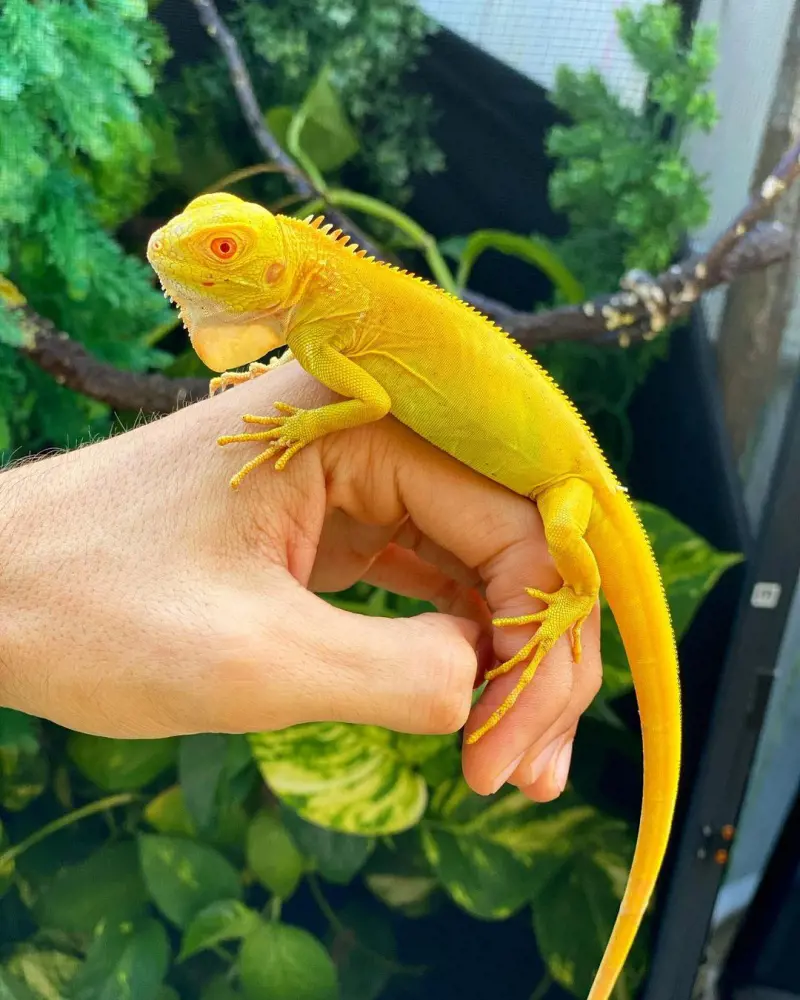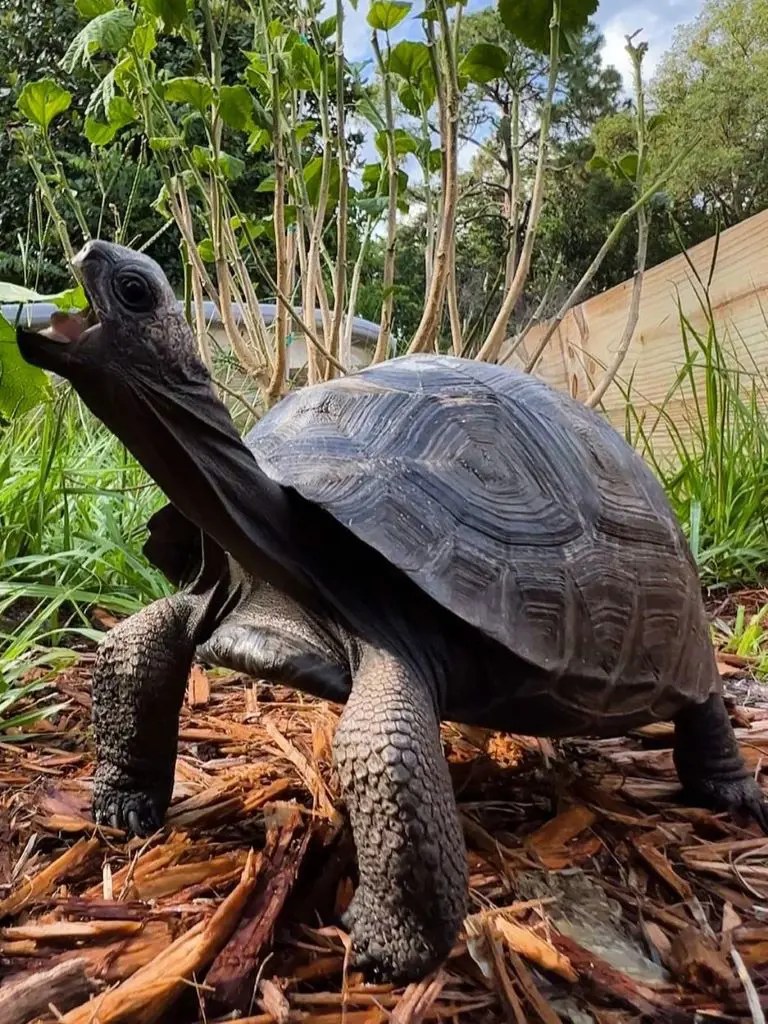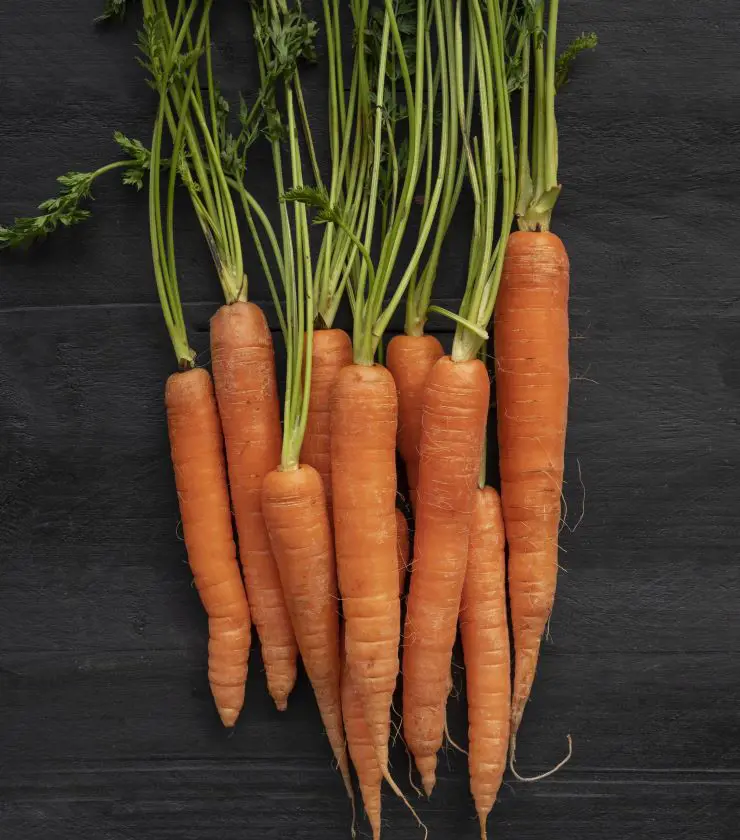What Rabbits Can Eat: A Guide To Healthy Foods
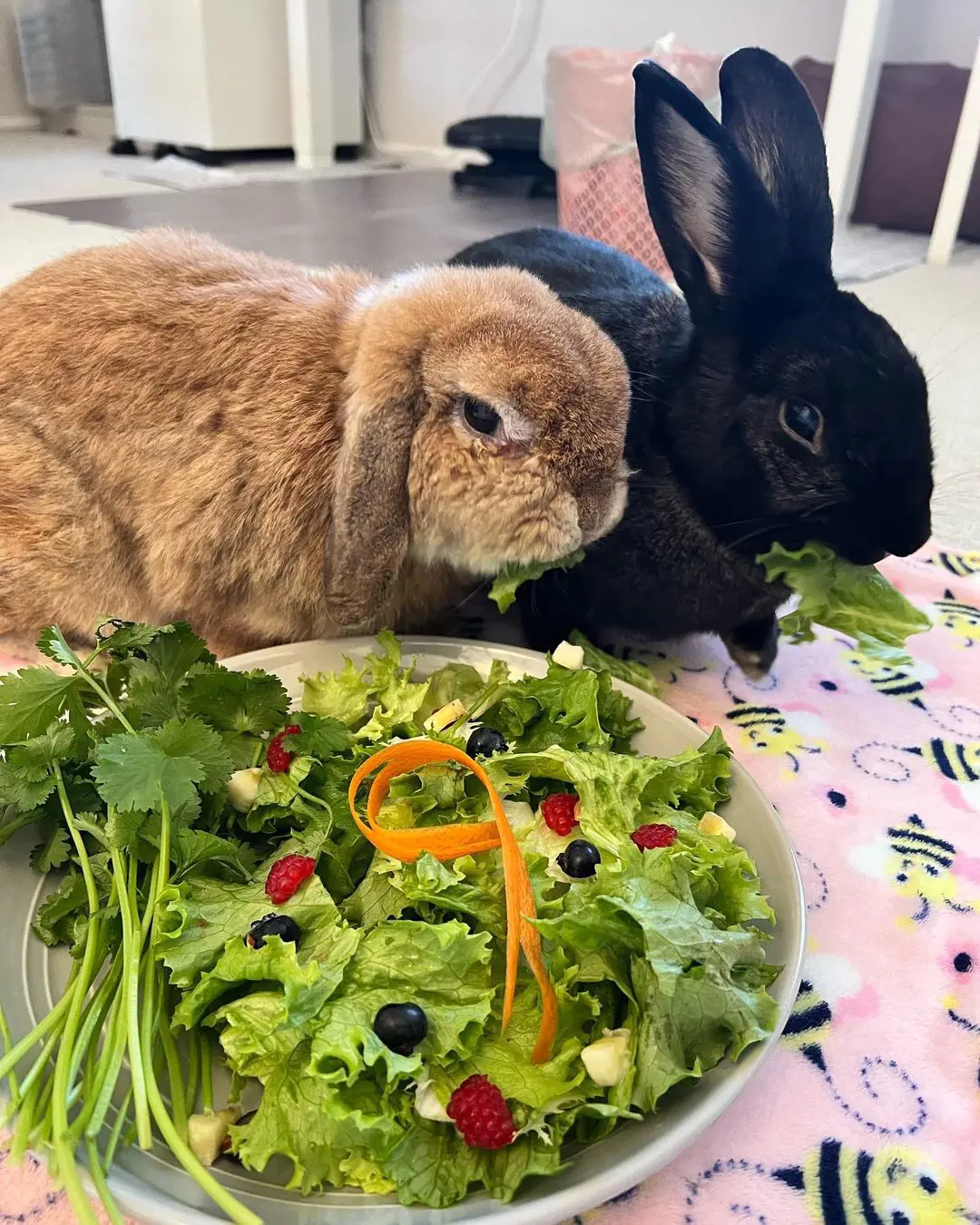
This post may contain affiliate links. If you make a purchase through links on our site, we may earn a commission.
When it comes to nourishing our furry friends, rabbits have quite a discerning palate. From leafy greens to crunchy veggies and even the occasional sweet treat, there is a wide array of foods to delight their taste buds and keep them hopping with joy.
Whether it's the crisp snap of a carrot, the tender crunch of romaine lettuce, or the juicy sweetness of a slice of apple the list of what rabbits can eat is comprehensive. But it is not just about satisfying their appetite but also providing a balanced diet ensures rabbits receive the vitamins, minerals and fiber necessary for optimal well-being.
1. Fresh And Clean Water
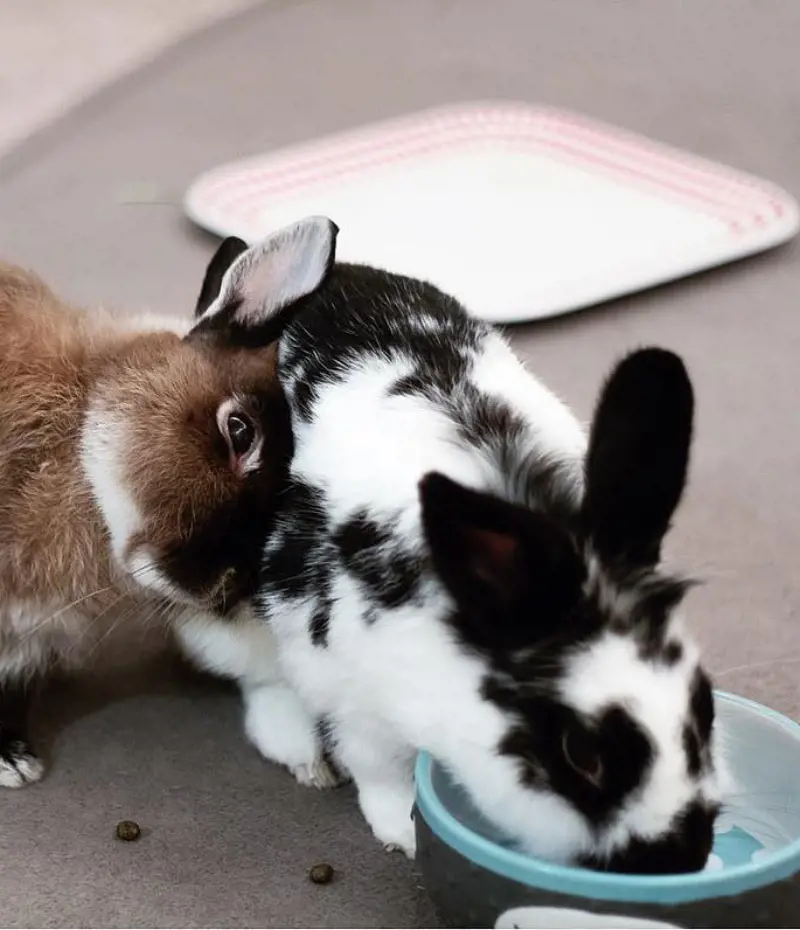
Benefits: Proper digestion, kidney function, and overall hydration
Water is the most crucial part of a rabbit's daily dietary plan that no owner should overlook. For the pet enthusiasts wondering what can bunnies eat, begin the dietary expedition by ensuring your rabbits have constant access to fresh and clean water, 24/7.
Put the water in a sturdy, spill-proof water bottle or bowl and replace it daily to prevent bacterial growth and contamination. Avoid using water bowls that can be easily tipped over or soiled with bedding, as rabbits can be messy drinkers.
2. Fresh Hay
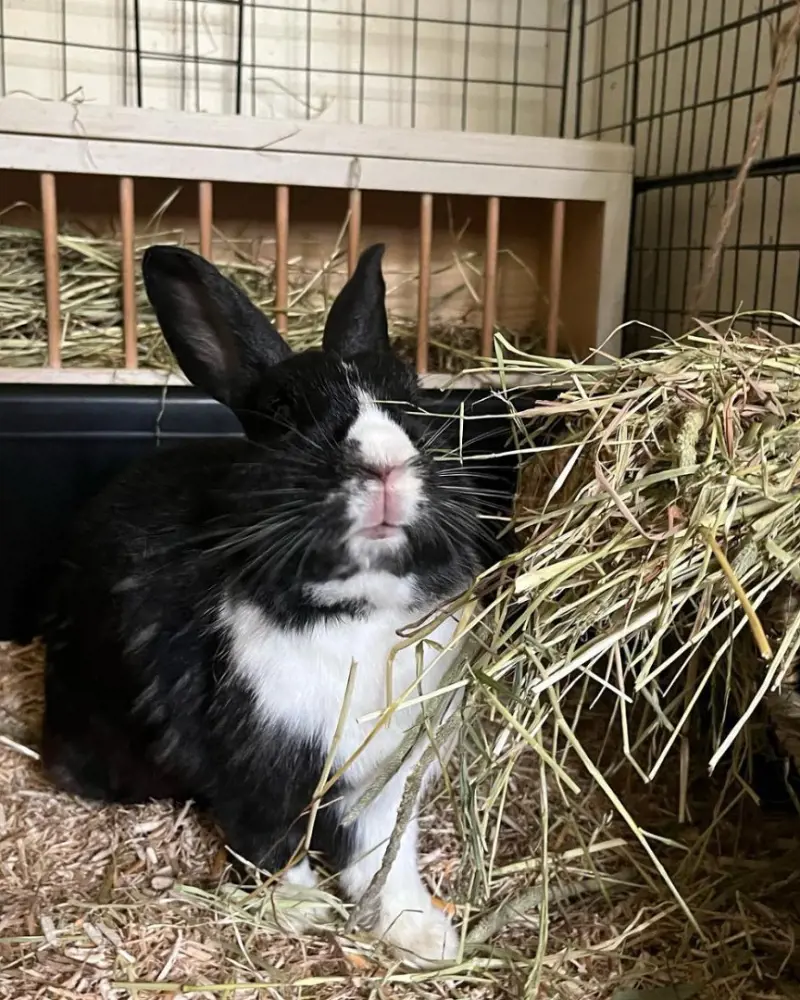
Hay Types: Timothy, Orchard grass, and Alfalfa
Hay is an essential component of every rabbit breed's diet because it provides vital nutrients and supports their digestive health. Timothy hay is a popular choice due to its high fiber content and low calcium levels, ideal for adult rabbits.
Orchard grass hay is softer and often favored by pickier eaters while Alfalfa hay is rich in calcium and protein, suitable for young rabbits and nursing mothers. Make sure your bunny has unlimited access to fresh hay daily, as it aids in wearing down their teeth.
3. Bunny Pellets
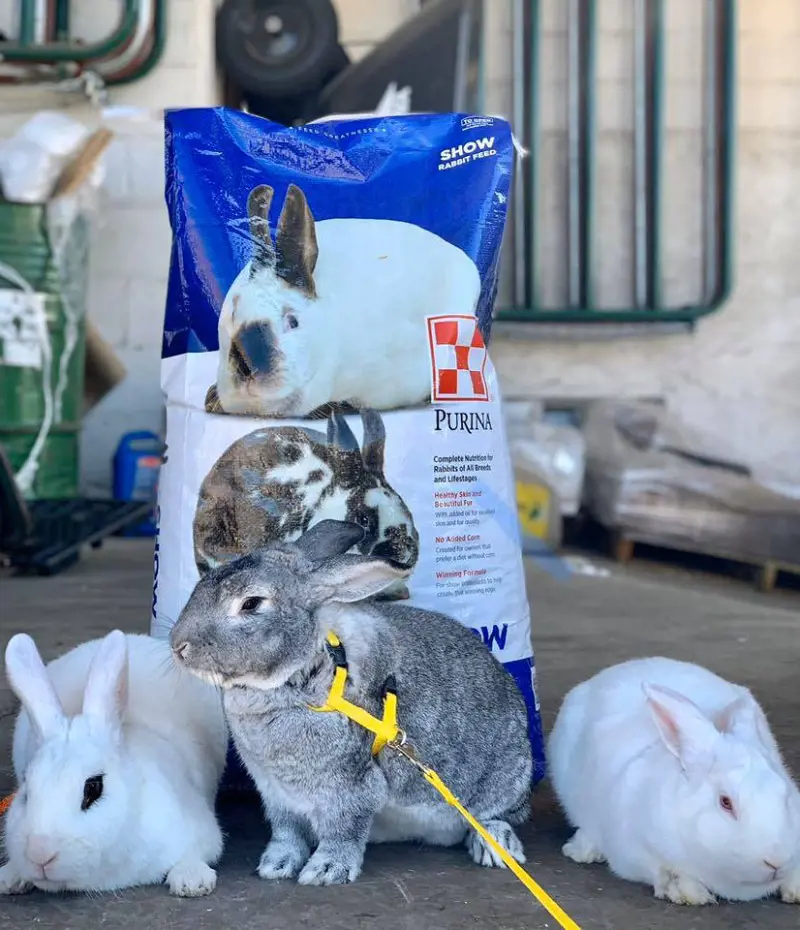
Amount To Feed: Approximately 1/4 to 1/2 cup of pellets per day
For bunny lovers who are wondering what a rabbit can eat, the answer comes in the shape of small bunny pellets. Pellets are a concentrated source of nutrition and there are various types available for giant rabbits and small bunnies alike.
Always look for pellets with a balanced calcium-to-phosphorus ratio, as excess calcium can lead to urinary tract issues in rabbits. And it is important to note that pellets must be fed only to complement a diet consisting primarily of hay and fresh vegetables.
Do not buy the pellets that have dried corn, nuts and seeds added because those foods can potentially be harmful for rabbits.
4. Fresh Vegetables
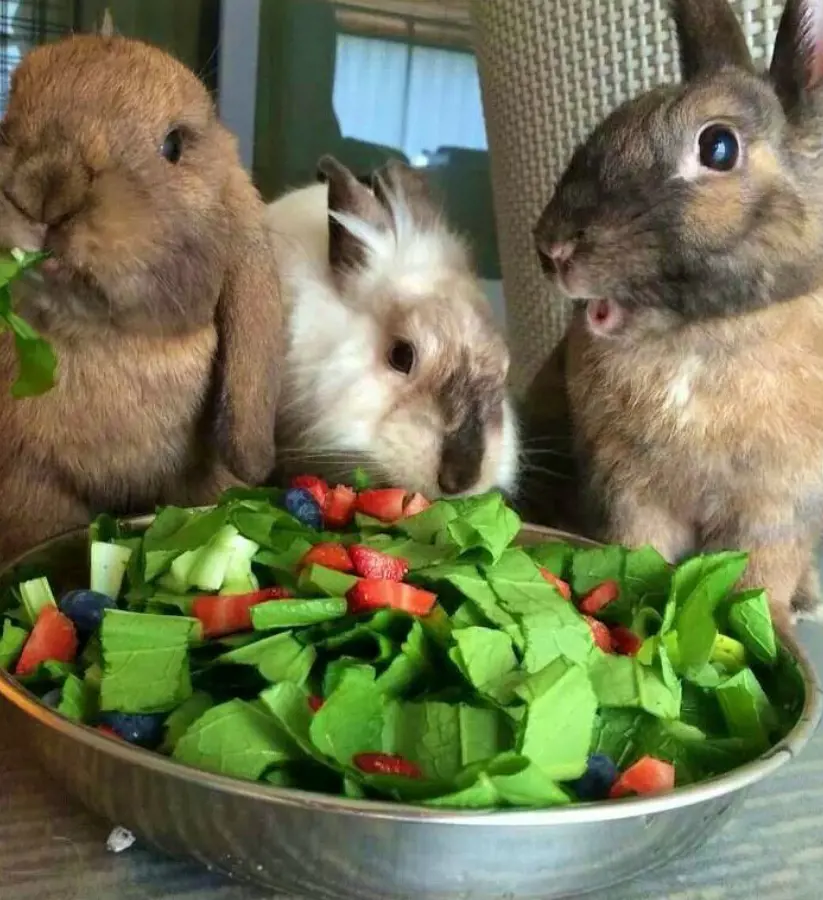
Fresh vegetables like cucumbers, fennel, and wheatgrass can be excellent additions to your rabbit's diet as they provide both hydration and essential nutrients. Cucumbers are a hydrating and refreshing snack for the bunnies, especially during warmer months.
Fennel is a flavorful herb with a crunchy texture that can help wear down your rabbit's teeth, promoting dental health. Likewise, wheatgrass, which is high in fiber, aids in digestion and promotes a healthy gut.
Veggies Not To Feed Rabbits
Vegetables like onion and garlic, while flavorful for us, contain compounds that can cause digestive issues and even lead to anemia in rabbits if consumed in large quantities. Potatoes, especially when green or sprouted, contain solanine which is toxic to rabbits.
5. Herbs
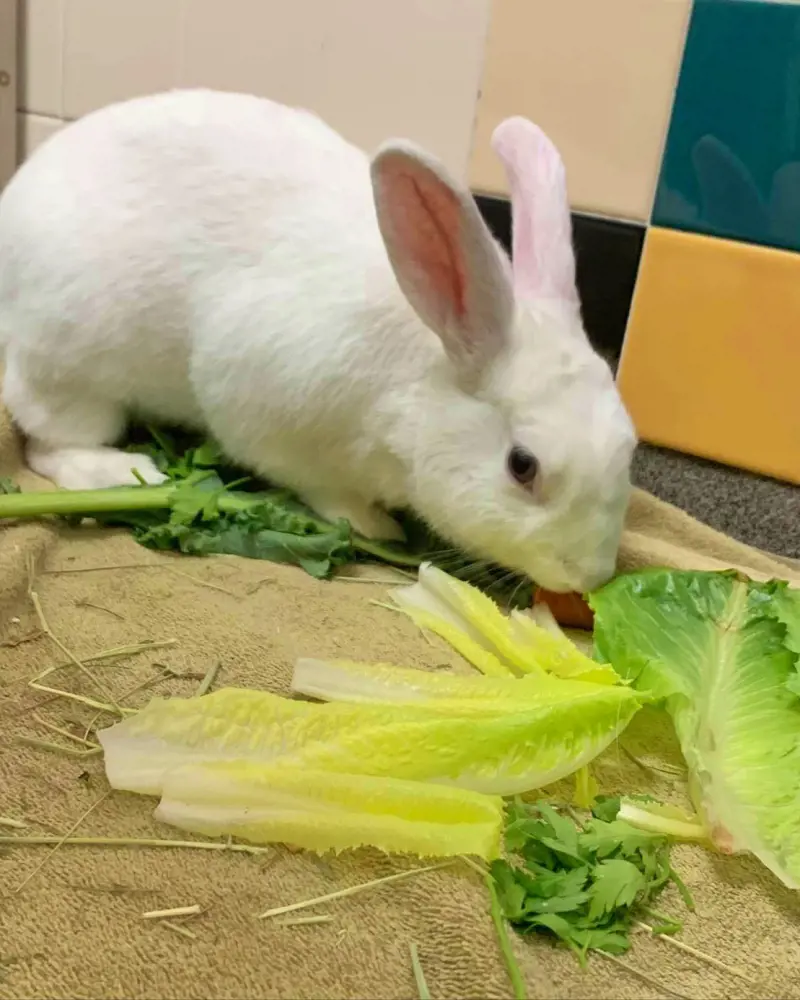
Herbs are not only flavorful additions to your rabbit's diet but also offer a range of health benefits. If in any doubt what rabbit eats, then bring home fresh herbs like parsley, cilantro, basil, dill, and mint.
Incorporating these herbs in small amounts as part of their daily vegetable intake helps to promote good digestion and alleviate gastrointestinal issues. These herbs provide essential vitamins and minerals including vitamin C, which is important for your rabbit's immune system.
Apart from these, there are some herbs like chives and garlic chives which should be totally avoided when it comes to the bunnies. These herbs contain compounds that can be harmful to rabbits' digestive health.
6. Carrots

Carrots are a popular food for bunnies and can be a nutritious addition to their diet when offered in moderation. These crunchy veggies are rich in beta-carotene, which converts to vitamin A in your rabbit's body and supports their vision, immune system and skin health.
Offer small amounts of fresh, raw carrots as an occasional treat, preferably no more than a teaspoon per day for an average-sized rabbit. You can also use carrot tops as a tasty and nutritious addition to your rabbit's vegetable mix.
To Avoid: Citrus fruits like oranges, lemons, and grapefruits are too acidic for rabbits and can lead to stomach discomfort. Pet owners should always keep these fruits away from their bunny companions.
7. Apples
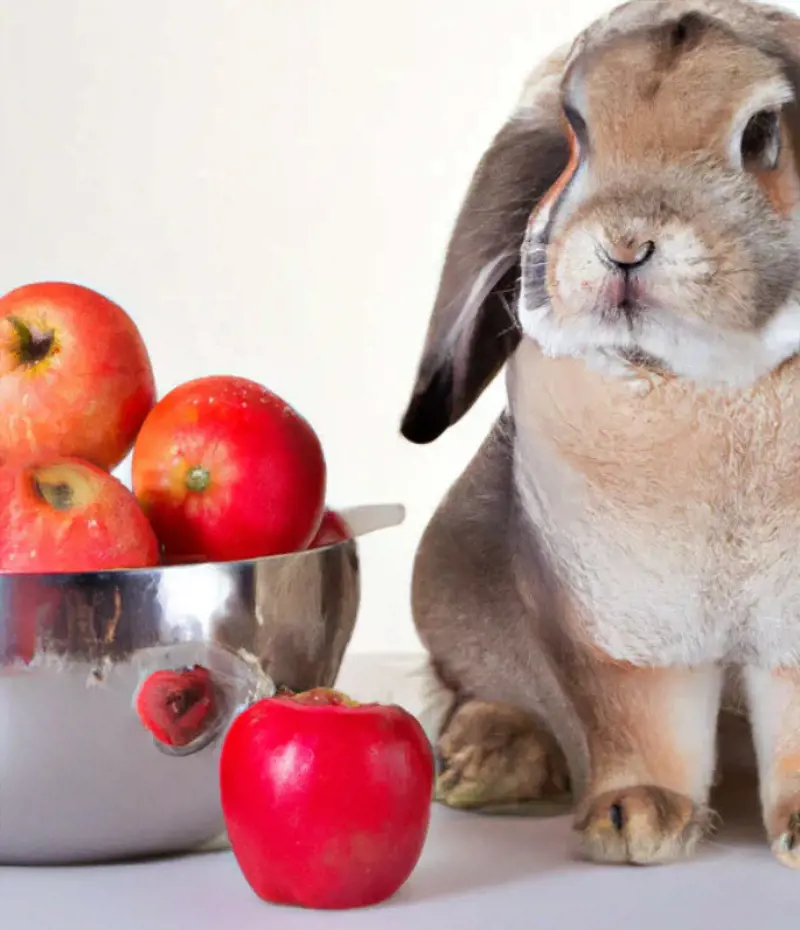
Apples can be delightful and nutritious foods for rabbit when given in moderation. These crisp fruits are a good source of vitamins and fiber which promotes overall health and digestion in rabbits.
Offer small slices of fresh, washed apple as an occasional treat, preferably no more than a teaspoon per day for an average-sized rabbit. However, it's important to feed apples in small amounts and remove the seeds and core as they contain cyanide compounds that can be harmful to rabbits in large quantities.
Avoidable: Fruits like grapes and raisins are also off-limits due to their potential to cause kidney damage in rabbits. Your furry companion is better off without these fruits.
8. Strawberries
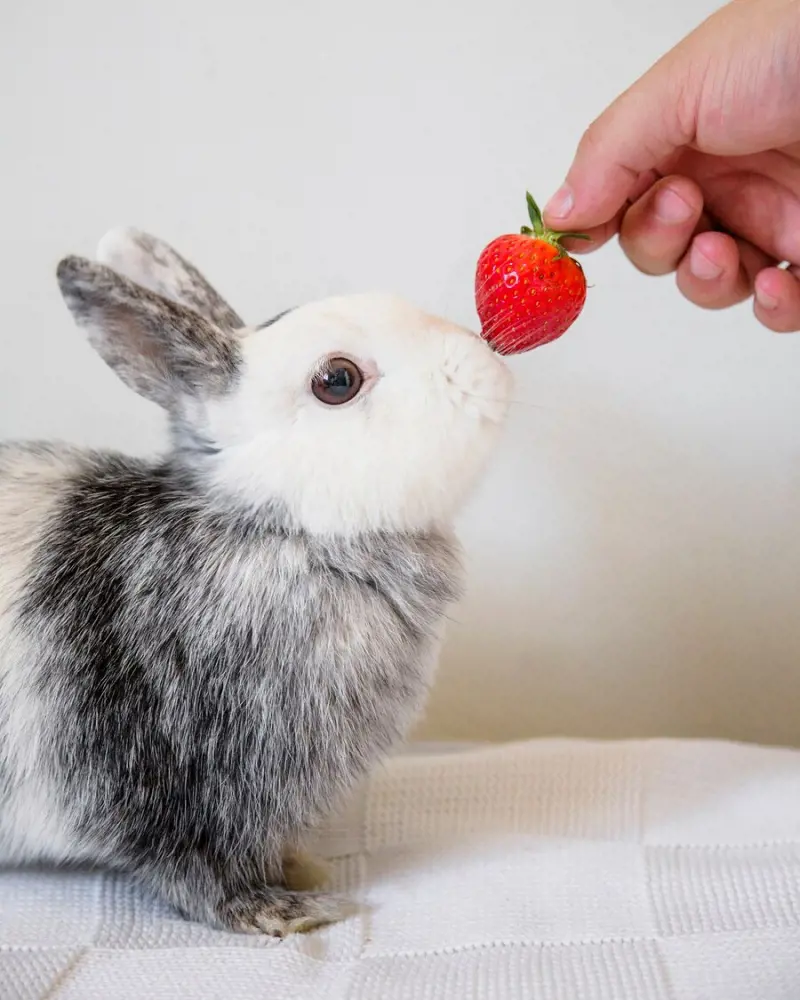
If you are confused about what can rabbit eat, then you can get the answer in the form of a strawberry, a delicious and nutritious treat that many bannies enjoy. These juicy berries are packed with vitamin C, fiber and antioxidants, which can help support your rabbit's overall health.
Offer small, washed strawberry slices as an occasional snack, no more than one or two berries a few times a week for an average-sized rabbit. Make sure to remove the green tops and any stems before feeding, as they can be difficult for rabbits to digest.
With their sweet and tangy flavor, strawberries can be a delightful and nutritious addition to your rabbit's diet.
9. Dandelion Greens
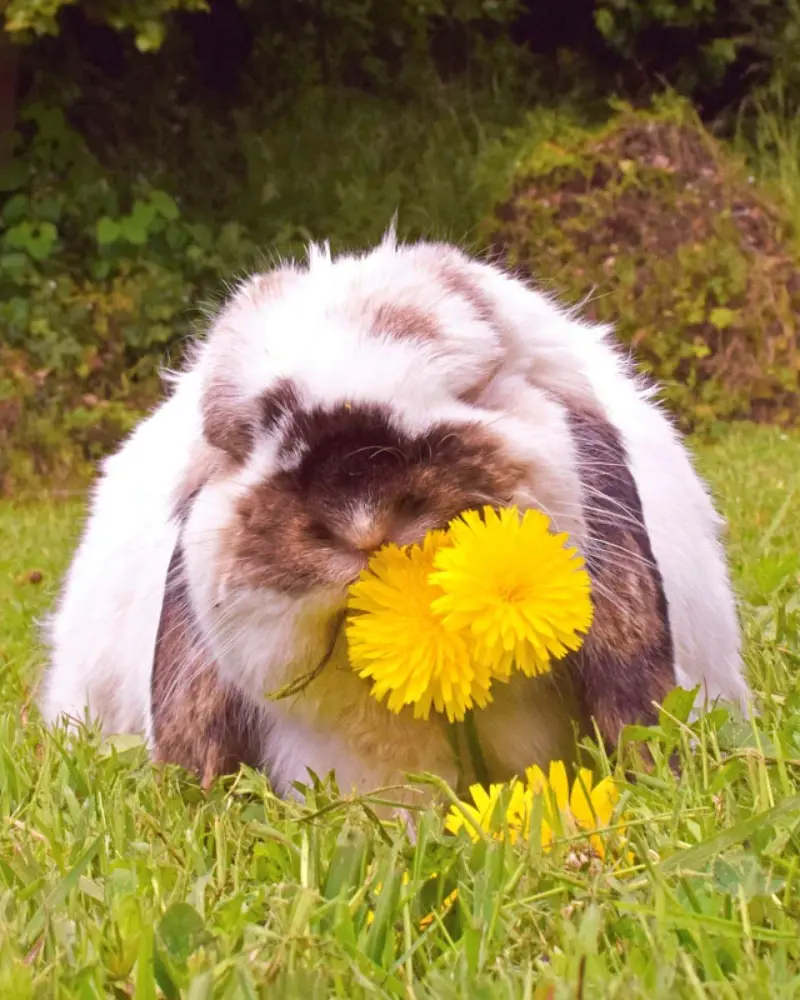
The answer to what will rabbits eat comes in the shape of the Dandelion greens, a tasty treat for rabbits that also serves as a nutritional powerhouse. These leafy greens are rich in vitamins A, C and K, as well as calcium and iron which makes a great diet for your bunny.
When offering dandelion greens to your rabbit, ensure they are fresh and pesticide-free. Offer a small handful of dandelion greens as part of your rabbit's daily vegetable serving. Your rabbit will likely enjoy the slightly bitter taste and crunchy texture of these greens.
10. Celery
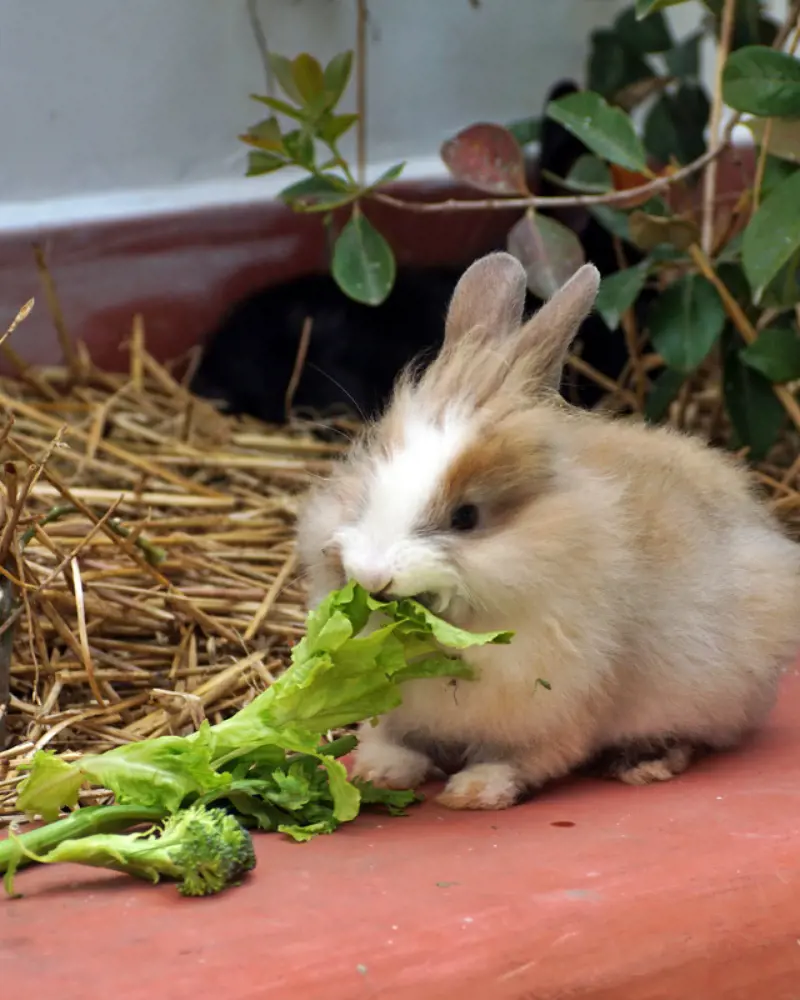
Celery can be a refreshing and hydrating treat for rabbits if you provide your bunny with small, washed celery sticks as an infrequent treat. Moderation is the key here because this food for a rabbit has high water content and stringy texture.
Before, offering the celery to your bunny, get rid of any strings to prevent choking hazards. Introduce celery gradually into your rabbit's diet to ensure they tolerate it well, and always monitor for any signs of digestive upset.
This food is an occasional treat and should not replace the primary components of your rabbit's diet.
11. Bell Peppers
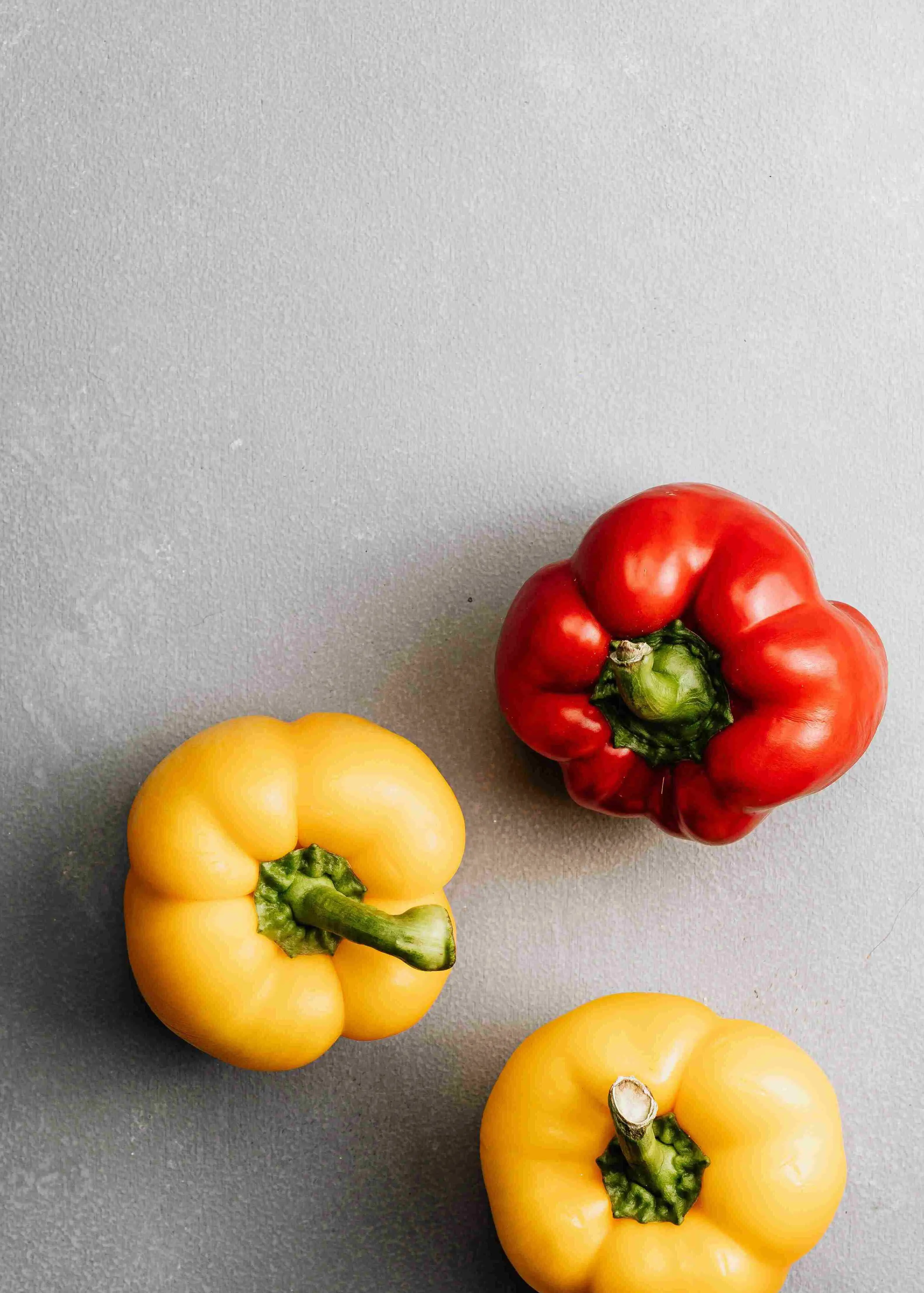
Bell peppers are a colorful and nutritious addition to your rabbit's diet. These crunchy vegetables are rich in vitamin C, which is essential for your rabbit's immune system and overall health.
If in doubt about what can bunny eat, offer small slices of washed bell peppers as an occasional snack, preferably a few times a week for variety. You can include different colored peppers like red, yellow and green to provide a diverse range of nutrients.
With their sweet and crunchy texture, bell peppers can be a flavorful and nutritious addition to your rabbit's diet.
12. Lettuces
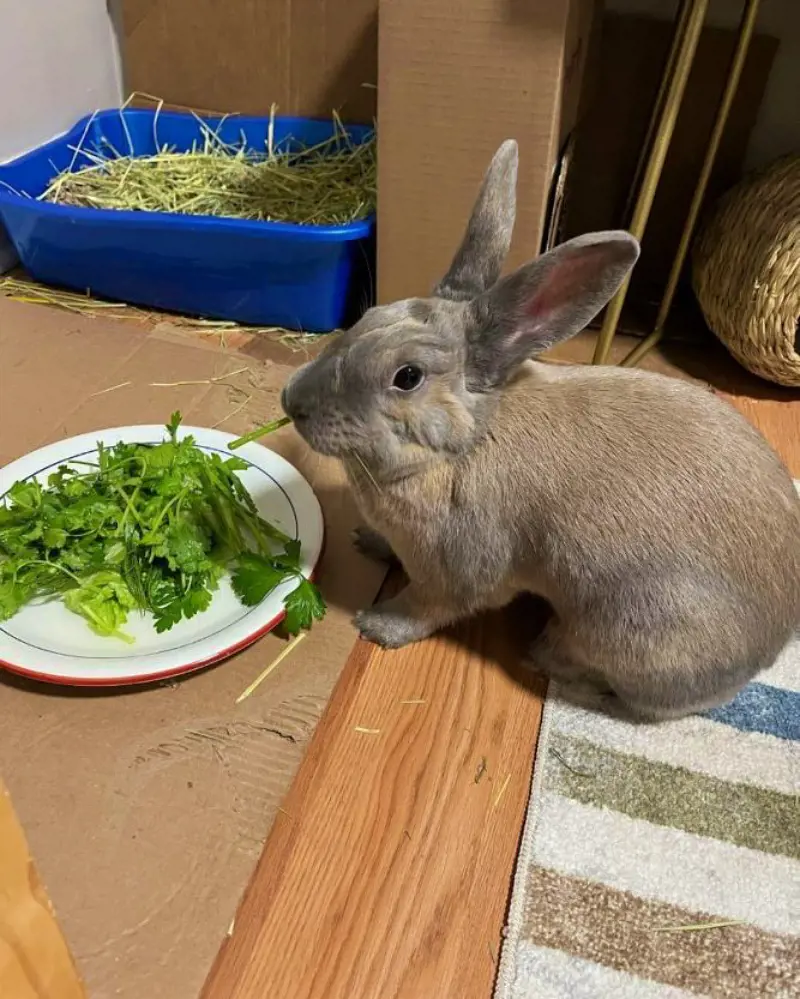
For bunny lovers wondering about what does bunnies eat, you don't have to go any farther than your kitchen garden to find the answer. Darker and leafy lettuce like romaine, green leaf and red leaf can be a tasty and hydrating addition to your rabbit's diet.
These varieties provide essential hydration and can contribute to a balanced rabbit diet when offered in moderation. Offer small, washed lettuce leaves as part of your rabbit's daily vegetable serving.
While iceberg lettuce is popular, it has a high water content and lacks significant nutritional value, so it's best to avoid feeding it to rabbits.
13. Sprouts
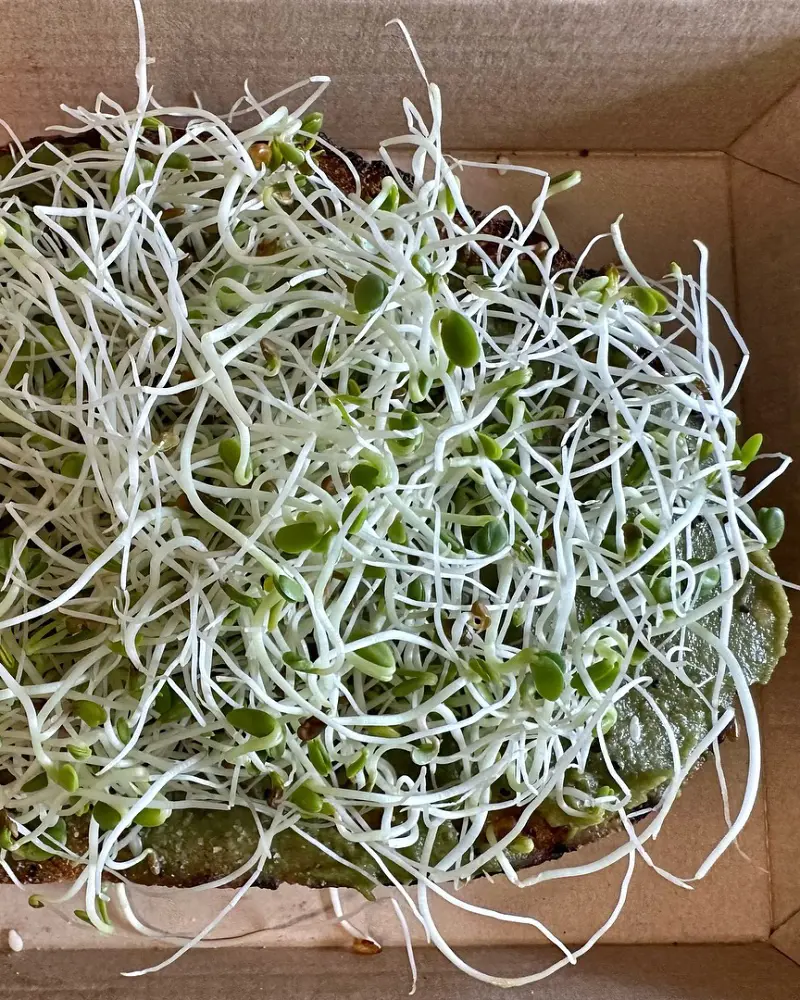
Sprouts, such as alfalfa sprouts or broccoli sprouts, can be a nutritious addition to your rabbit's diet when fed in moderation. These young, tender shoots are packed with vitamins, minerals, and enzymes, providing a burst of fresh nutrients for your bunny.
It is important to note that these sprouts should be offered as a part of a balanced diet and not as the primary food source. Introduce sprouts gradually into your rabbit's diet to ensure they tolerate them well, and always monitor for any signs of digestive upset.
14. Flowers

One delightful yet nutritious addition to your bunny's diet can be flowers, as they offer both flavor and health benefits. Certain edible flowers such as dandelions, pansies, marigolds and roses, are safe for rabbits to eat and provide a variety of vitamins and minerals.
First, make sure these flowers are free from pesticides, herbicides or other chemicals and then offer small amounts as an occasional treat, preferably a few times a week. With their vibrant colors and delicate flavors, edible flowers can be a flavorful and nutritious addition to your rabbit's meals.
15. Occassional Bunny Treats
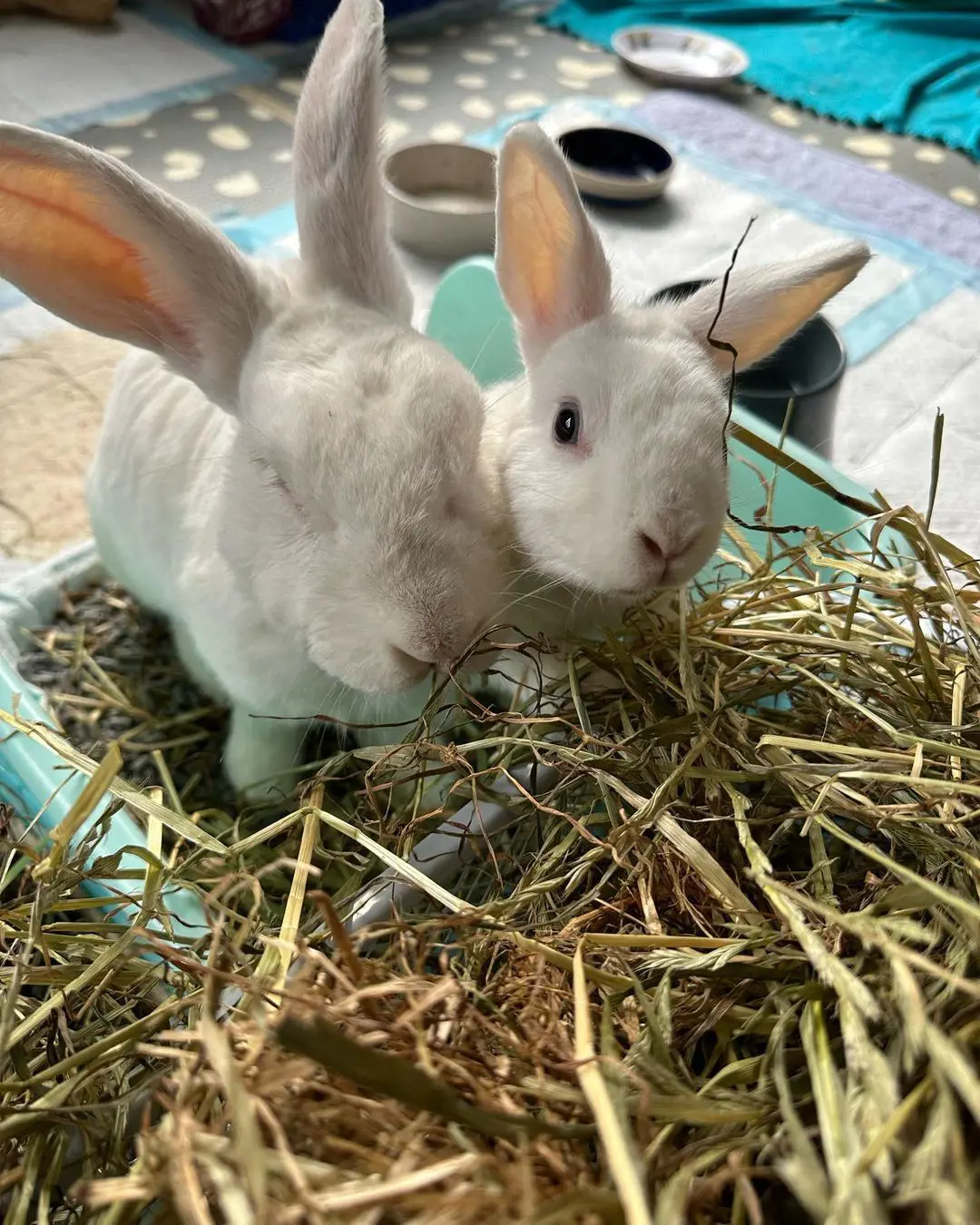
Bunny treats can be a fun way to bond with your rabbit and provide them with additional enrichment. Commercial treats such as dried fruits, yogurt drops, and seed mixes treats eliminate any pet lover's doubt about what bunny can eat.
While getting a treat for your little hopping companion, make sure to you read the ingredients carefully and opt for treats that are primarily hay-based and free from artificial additives.
When giving treats, remember to consider your rabbit's overall diet and health and offer them sparingly to prevent weight gain and digestive issues.
Recent posts
Pets
Pets
15 Sugar Glider Facts That Will Make You Want One
The undisputed champion of the night sky, the Sugar Glider, often referred to as nature's pocket rocket, is the embodiment of cuteness and agility. With their large, captivating eyes and furry, membranous wings, sugar gliders are tiny marvels that gr...
Pets
10 Cute Turtle Breeds For Pets
Turtles have earned their popularity as pets by captivating the hearts of animal enthusiasts around the world with their intriguing and unique appearance. The distinctive shell with intricate patterns and earthy hues make turtles visually appealing. ...
Pets
20 Rabbit Breeds That Will Make You Forget All About Other Pets
Having a rabbit as a pet is quite different from having a dog or a cat. Rabbits are low-maintenance pets, which can be a great option for people with busy lifestyles. They don't require daily walks. Furthermore, rabbits are eco-friendly companio...
Pets
10 Facts to Consider Before Owning A Hedgehog
Hedgehogs are fascinating creatures known for their distinctive appearance including bodies covered in spines, pointed snouts and tiny, bright eyes. One of the most unique features of these charming little animals is their ability to curl into a tigh...
Pets
10 Best Pet Lizards For Beginners
The diversity of lizards as a species offers a spectrum of sizes, colors and behaviors making them fascinating pets for both seasoned reptile enthusiasts and beginners alike. Their intriguing features, playful antics and docile nature make these rept...
Pets
10 Best Pet Tortoise Types For Beginners
Are you thinking of bringing home the uniquely beautiful tortoise? Embarking on a journey of becoming a terrestrial turtle enthusiast is an exciting venture, but choosing the right companion for your reptilian journey is crucial, especially for begin...
